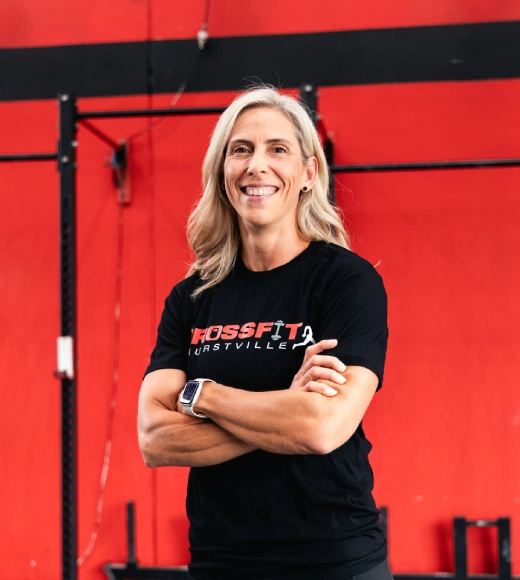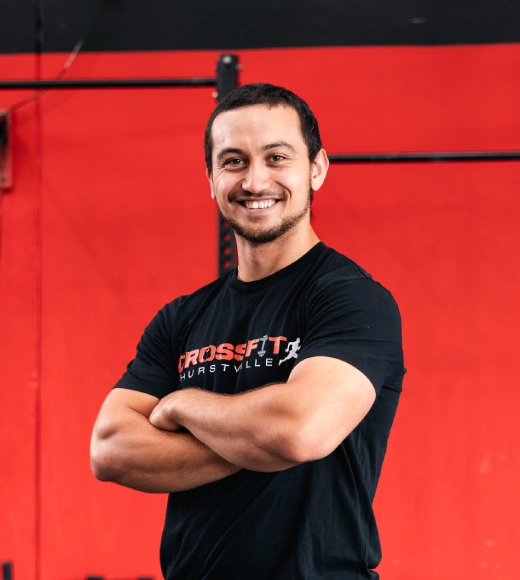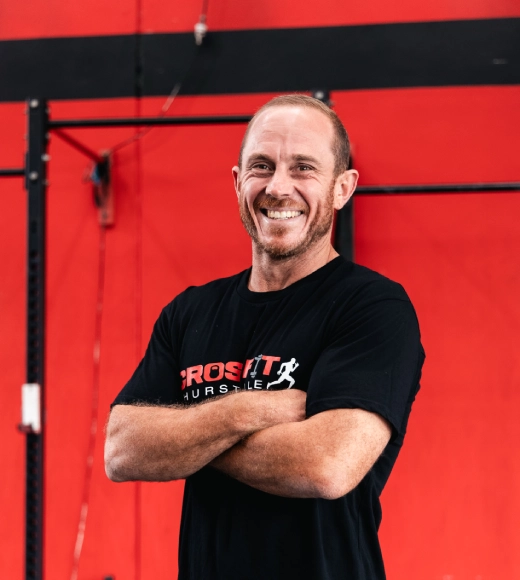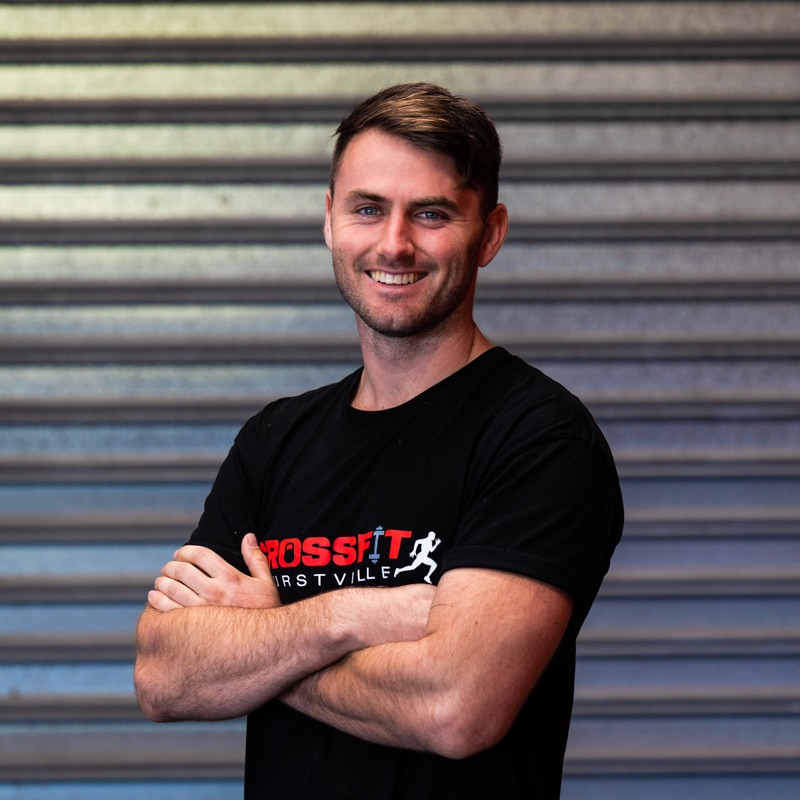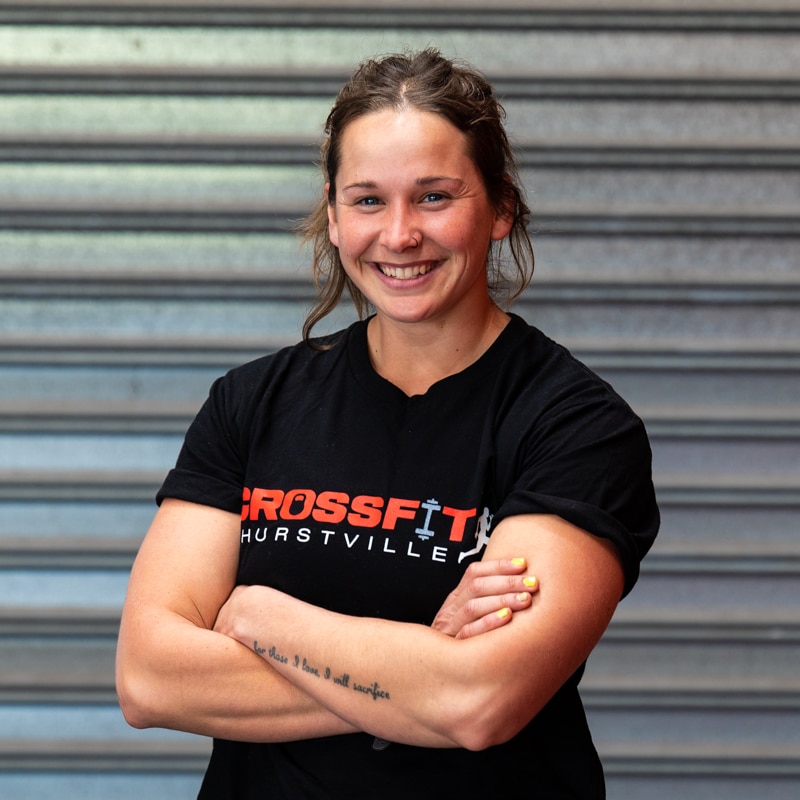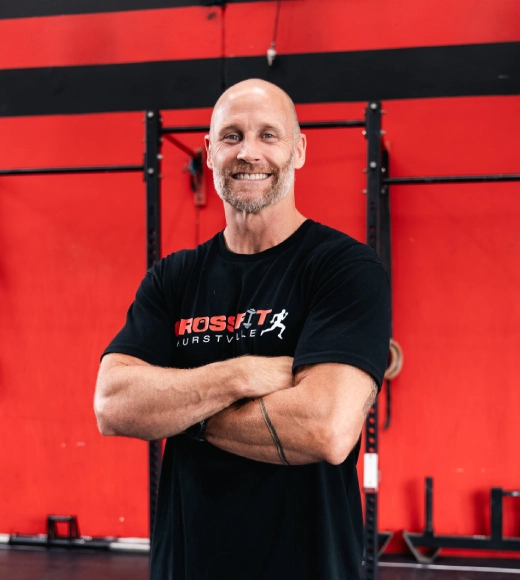Most people fail at change because they don’t address the psychological aspect.
In fitness, the illusion of bigger muscles, increased work capacities or leaner physiques amplify this.
Bodybuilders however, compile some of the most insecure people in the industry. Elite CrossFitters can be exceptionally one dimensional.
Because how you look on stage after 8 weeks of restricted dieting and no water; or how fast you thruster your way through Fran (because you’re doing just enough to meet the standards) has nothing to do with your character.
These are just physical details.
They are only part of the equation. The smaller part.
To change, one must first recognise the need to do so; to accept – with humility and painful honesty – the dissatisfaction of the present state.
To change, one must understand that it won’t be easy. It will take far more than just tweaking your diet, or improving your butterfly pull-up efficiency.
(And if it is was easy, you didn’t do it right. You didn’t give enough. Of you).
It involves a detaching (and sacrificing) of self – your previous idea of who you thought you were and what you understood to be possible.
You need to empty your cup, so as to be receptive to “better”. One that is full is incapable of taking in anything.
Most people however, are not interested in this type change even though we say we are. This ideal is romanticised and applauded.
But change is not the same as just wanting to feel good. Once again, this is only part of the equation.
If you train purely to feel good or a little less guilty about splurging on the weekend, you will do exactly that. You will get what you want. And good for you!
But if you want change, understand that it will require a lot more time and energy and intentionality. It demands more of you; more than just the physical.
To affect change you need to address the psychological; how you think; who you are.
And even then, this is only part of the equation.







